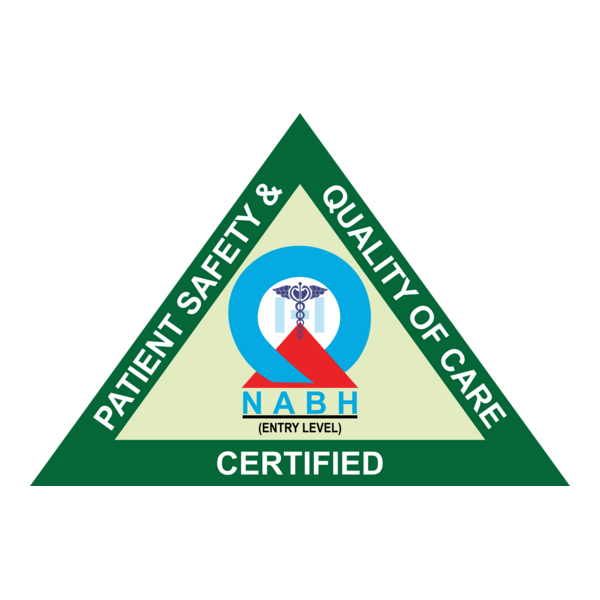Thyroid Disorder Therapy
Definition
Thyroid disorder therapy involves the diagnosis and treatment of conditions affecting the thyroid gland, such as hypothyroidism, hyperthyroidism, goiter, and thyroid nodules. Proper management restores hormonal balance and prevents complications related to metabolism, energy, and overall health.
Purpose of Thyroid Disorder Therapy
To regulate thyroid hormone levels in the body
To reduce symptoms like fatigue, weight changes, or palpitations
To treat swelling, nodules, or enlargement of the thyroid gland
To prevent long-term complications affecting heart, bones, and metabolism
Types and Methods of Therapy
Medical Management
Thyroid hormone replacement therapy for hypothyroidism
Anti-thyroid medications to reduce excessive hormone production
Beta-blockers for symptom relief in hyperthyroidism
Minimally Invasive & Surgical Care
Radioactive iodine therapy for overactive thyroid tissue
Surgical removal of thyroid nodules, cysts, or tumors
Thyroidectomy in cases of cancer or large goiter
Monitoring & Lifestyle Care
Regular blood tests to monitor hormone levels
Dietary advice to support thyroid health
Ongoing follow-up with endocrinologists or ENT specialists
Post-Therapy Care
Regular monitoring of thyroid function tests
Long-term medication management if required
Guidance on nutrition, exercise, and stress management
Benefits of Thyroid Disorder Therapy
Restores hormonal balance and normal metabolism
Relieves symptoms like fatigue, anxiety, or weight fluctuations
Improves overall energy, mood, and quality of life
Prevents complications such as heart disease, osteoporosis, or infertility


